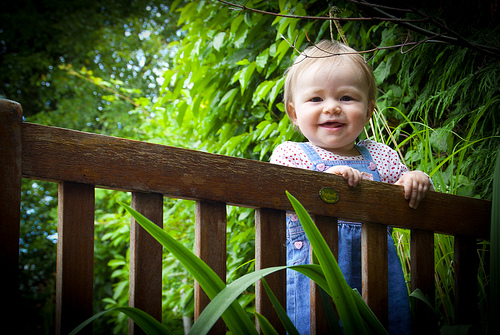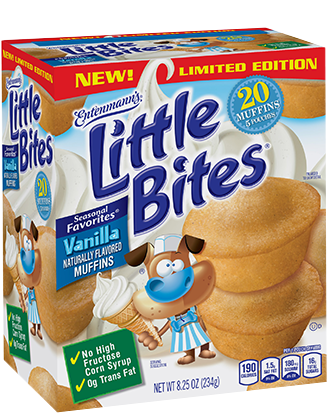Whether your child appears to be having issues concentrating in school, is resisting homework time, or seems agitated and tired every time he or she attempts to read or write, there may be an indication of a deeper underlying issue. Due to the stress that growing up in modern society may cause your child, there are many issues the youth of today are coping with that may confound a parent?s ability to recognize a visual issue in their children. On top of this, many children are themselves unaware of the issue they may be having and can be resistant to discussions regarding medical issues. Suggesting to your child that there may be something physically abnormal about them is enough to cause worry in an already frustrated child. For these reasons, it is a good idea to consult the following list for indicators of a child with vision problems.
?1. If your child has trouble concentrating you may want to consider the reasons behind this. Many parents immediately fear the possibility that their child has a learning disorder, when confronted with poor concentration. Erroneous administration of drugs like Ritalin can be enough to dramatically alter your son or daughters normal balance and should only be given with surety and great care. Although more children today than ever before are showing signs of attention deficit disorder (ADD), all other avenues should be explored before medicating a child.
2. Your kid is spending a lot longer than usual trying to complete homework assignments. Kids with visual problems often have to read and reread passages to fully understand what is going on. For this reason, they often appear to spend too much time contemplating problems or assignments.
3. If he or she misses the table when setting down dishes, frequently knocks things over, or runs into things, it is a good time to take a trip to the optometrist. Even though many children are carefree and often high spirited by nature, a constant occurrence of these types of behaviors may be telling for optical problems.
4. Your child complains of headaches specifically when reading or writing. Anyone having to squint or move closer to what they are reading can easily strain their eyes in a matter of no time at all. It is no surprise that in these cases, a child would get frustrating headaches.
5. Your kid isn?t sick, but clearly has red, watery, or stinging eyes. In order to confirm that he or she is not ill, it is a good idea to take them to your family physician. If illness and seasonal allergies can be ruled out, the logical next step is to take him or her to an optometrist.
Even though it is not always easy to communicate with your children as they grow older, signs of visual problems can often be gleaned simply by studying your kids reading habits and health issues while maintaining involvement during homework time. With the proper optical testing you can easily and definitively determine whether your child needs glasses or contact lenses.
Sarah Danielson writes for EZ-Contacts USA where you can find great deals on Acuvue contacts online and other top eyewear and contact brands.





Great information. My daughter is only 5 and has to have glasses for reading, coloring, writing, and drawing already. Unfortunately she seems to have gotten my bad eyes gene. We’re hoping the glasses will help so her eyes won’t get as bad as mine.
This is wonderful info. My kids are bound to have glasses, but that’s okay!
This is a very informative and helpful blog… My aunt a long time ago had a problem with his son. She did not notice the early signs of his vision problem that makes my cousin wear too thick eye glasses. I am happy to read your blog to make the parents aware about the possibility of their children having the vision problem.
We found out that our daughter needed glasses when she was just 9 months old. She wasn’t meeting her physical milestones and was flat out refusing solid foods. After watching a mother feeding her baby, who was about the same age as my daughter, it finally dawned on me that she couldn’t see the food! She never grabbed for the spoon or watched it come toward her. Babies as young as three weeks (!) can be fitted with glasses. So if your little one is having problems that just can’t be explained, or if their eyes aren’t straight, have a specialist check them out!